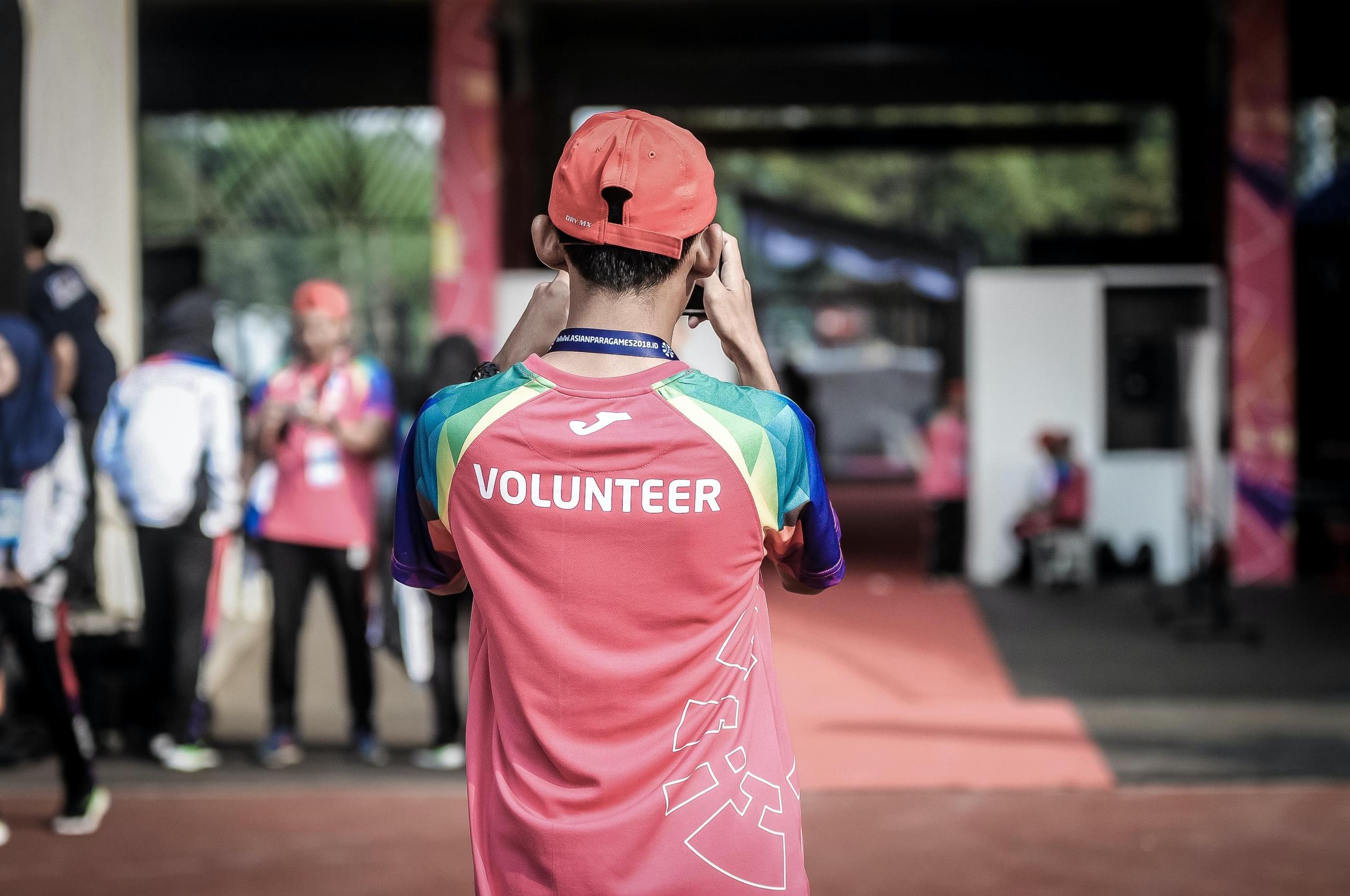You might have often come across a section in your university application asking you to describe your extracurricular activities and interests. Why should universities care at all about your extracurricular activities, interests, and hobbies? This is a totally legit question to pose!
The answer is a simple one. Your interests, outside of school, do not stay outside of school. Extracurricular activities are not strictly 'extra'. Hobbies and interests are not these random things that you just fill your time with. Rather, they are crucial to your growth and development as a person. They teach you life lessons and help develop soft skills that you can utilize every day, everywhere.


What are Extracurricular Activities?
The word "extracurricular" can be broken down into its roots for a literal explanation: "extra" means "outside" and "curricular" refers to all of the work you do in the classroom. So, to put it simply, extracurricular activities are just activities that you do outside of class.
Almost anything that you are actively and productively involved in can be considered an extracurricular activity.
Indians are obsessed with grades, and that obsession comes at a cost. However, we must remember that there is a whole wide world of extracurriculars beyond those grades. Most schools and parents look at extracurricular activities as a tick in the box. Thankfully, the paradigm is starting to shift, slowly, but surely.
Types of Extracurricular Activities
- Musical-rhythmic: Learners with this intelligence are gifted with rhythm and tone. The activities they enjoy would probably involve music, such as:
- Classes for an instrument such as guitar, drums, or even the violin
- Choirs — community or religious
- Marching bands
- Singing lessons
- Sound engineering or mixing classes for older children
- Visual-spatial: Intelligence allows a learner to visualize easily. Artistic activities will suit them, such as:
- Drawing and painting classes
- Animation
- Graphic design
- Fashion design
- Photography
- Weaving
- Jewellery design
- Sewing
- Sculpture
- Verbal-linguistic: This intelligence gives one skill in words and languages. They have many activities at their disposal, such as:
- Language clubs or classes
- Poetry clubs, classes, or workshops
- Storytelling sessions
- Creative writing classes or clubs
- Working on a school magazine or journal
- Journalism or media clubs
- Movie making
- Debate clubs
- Logical-mathematical: Learners with this intelligence are gifted at maths, reasoning, numbers, and critical thinking. Extracurricular activities associated with this may come off as somewhat academic, such as:
- Clubs for advanced math
- Clubs for the sciences (Physics, Biology, Chemistry, Astronomy, etc.)
- Engineering clubs
- Electronics clubs
- Economics clubs
- Web design/coding clubs or classes
- Bodily-kinesthetic: Learners with this intelligence have great coordination. They are suited to a variety of activities, such as:
- Choreography or dance clubs/classes
- Sports such as football, basketball, volleyball, cricket, swimming etc.
- Martial arts classes
- Acting classes
- Gymnastics
- Ballet
- Interpersonal: This intelligence enables a learner to understand others’ moods, feelings, and motivations. They are suited to activities such as:
- MUN (Model United Nations)
- Student Council
- Community service (volunteering in orphanages or old age homes, running charity drives, etc.)
- Social sciences clubs (Psychology, Sociology, etc.)
- Intrapersonal: This intelligence enables a learner to understand their own moods and feelings. There are a few activities suited to this, such as:
- Yoga classes
- Meditation
- Psychology Club
- Naturalistic: This enables a learner to easily identify flora and fauna, and work well in the natural world. This can lead to activities such as:
- Environmental Club
- Gardening
- Working at animal shelters

Importance of Extracurricular Activities in School
Let us understand the reasons why extracurricular activities matter in a university application. And, then we can move on to the question of how to develop interests outside studies!
Academic Performance is Not Everything
Having some sort of extracurricular activity on your university application will show that you are more than your exam results or your test scores. Strong academic performance is no guarantee that you will be successful in your application. Most applicants to university have strong academic performance. But, what the admission folks really want to see is a bit of character – more than just your grades.
You are Independent
Your interests are a reflection of your ideas and opinions. Universities are always on the lookout for these because much of your studies – from research projects to essays – will be driven by your personal interests. Independent thought, ideas, and pursuits combine to create a great student.
Display Your Passions
Passion shows dedication, commitment, and perseverance – important ingredients to make a good learner.
Demonstrate Your Well-Rounded Personality
Is it better to suggest that you have dedicated your life to the subject to which you are applying – literature, say, or science – or is it better to show how broad your interests are? Simply put, no one is just interested in one thing. It is probably rather unhealthy if you are. If lots of things interest you, it’s a sign of a more curious, inquisitive mind.
Explore a World Beyond the Classroom
Extracurricular activities can show you more about the world than you would ever learn in the classroom.
Show Off Those Soft Skills
Communication skills, social skills, soft skills – develop a different sort of intelligence and different sorts of skills by getting your head out of the textbook and putting yourself out there into different contexts and environments.
Hone your time management skills, problem-solving skills, planning, and evaluation skills.
Best Extracurricular Activities to Boost University Applications
The strongest university applications usually include a combination of extracurricular activities.
- Academic activities such as quizzes, debates, Model United Nations, pre-college programs, study abroad programs, and mock trials. These activities demonstrate a commitment to lifelong learning beyond the classroom and an interest in furthering your education.
- Community activities, including service or volunteering with local organizations. Educational institutions value these activities because they show you care about other people and will likely contribute to the campus community.
- Personality activities are a reflection of who you are beyond your grades, test scores, and application. For example, sports and scouting.
Check out these activities that we have curated for you to include in your university applications. But, remember, there are plenty of other activities beyond this list. Be strategic about the types of activities you include in your application. You must highlight your best activities.
Leadership Work and Positions
Leadership can demonstrate a commitment to your interests and passions and the ability to make a difference in the campus community once you arrive. Examples of leadership roles that colleges love to see include Boys Scout, editor of the school newspaper, sports team captain, and student council positions.
Part-Time Jobs
Part-time jobs are a favourite of universities on student applications. Work experience can highlight your work ethic and experience in a professional environment. It also may demonstrate an ability to support yourself and earn your own money, even if you live with your parents.
Sports and Athletics
Admissions departments like to see participation in sports from prospective students. Playing team sports can show a willingness to collaborate with others and work toward a collective goal beyond individual glory. Playing a school or club sport can demonstrate drive, commitment, and time-management skills.

Academic Clubs and Teams
Activities like debate, chess club, Model United Nations, and mock trials can demonstrate your interest in learning and knowledge beyond coursework.
Artistic and Creative Pursuits
Artistic and creative pursuits like painting, drawing, sculpting, graphic design, fashion design, theater, music, and dance can emphasize your ability to think and create in visionary ways.
Volunteering and Community Service
Voluntary work experiences and community service demonstrate that you care about the world around you. Volunteer work and community service can indicate to colleges what they may be getting in return for accepting you, emphasizing how you may contribute to the campus community beyond just attending classes.
Internships
If you're applying to a specific program or school within a university, relevant internships can be a powerful addition to your application. These experiences indicate your interest and experience in a particular field and can provide a helpful perspective for you to bring to relevant coursework.
Résumer avec l'IA :











